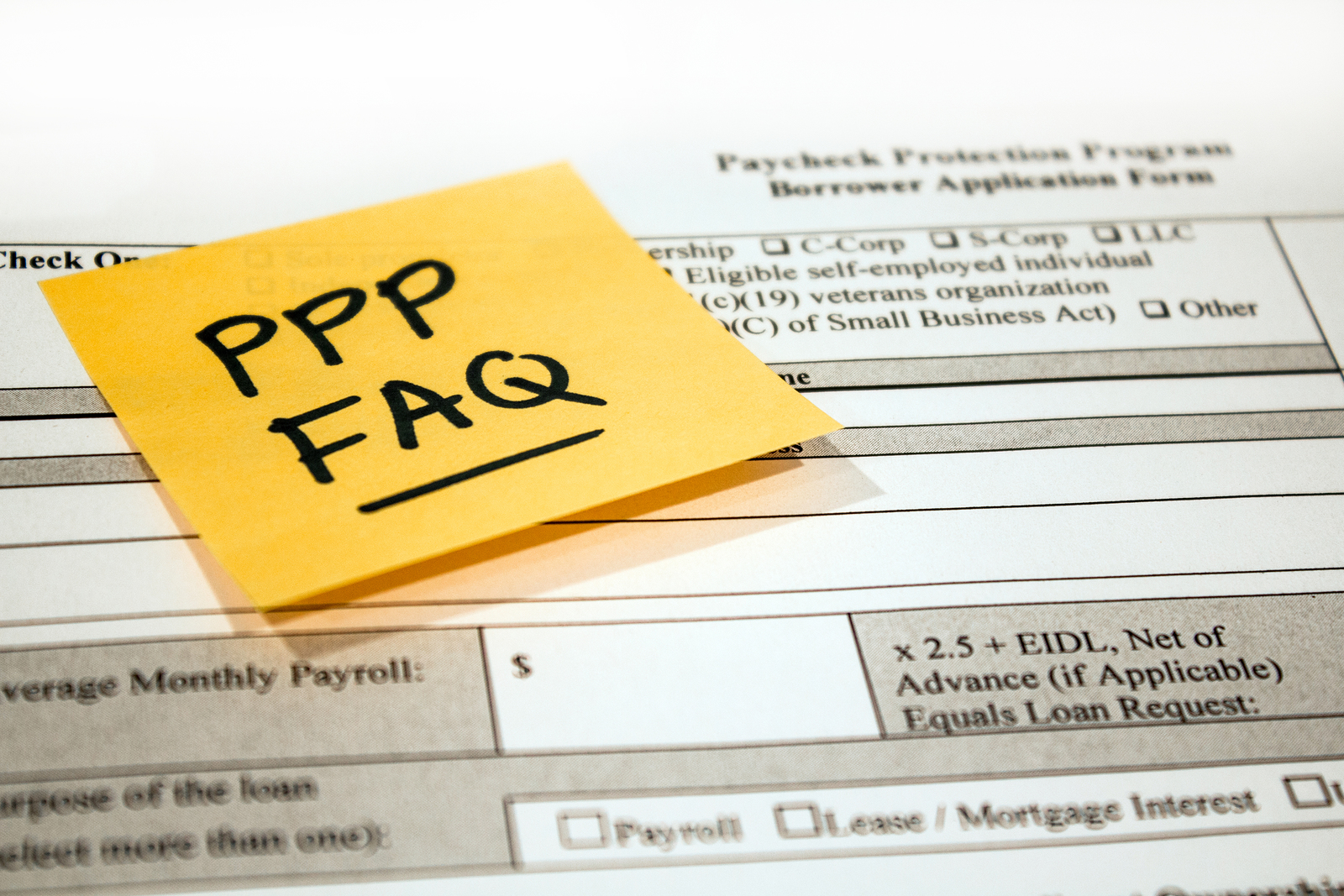
The CARES ACT created a new small business loan program called the Paycheck Protection Program (PPP), which allows small businesses to obtain a loan to help cover payroll and business costs during the COVID-19 Pandemic. One of the main features of the PPP loan is that qualifying expenses incurred during the 8-week period provided by the PPP are eligible for full forgiveness as long as certain benchmarks are met. PPP funding that is not utilized during the eligible period, or falls into an ineligible expense category, is subject to loan provisions set forth by the Small Business Association (SBA), which include a 6 month delay period on the first repayment, and an interest rate of 1%.
The Paycheck Protection Program Flexibility Act (PPPFA) of 2020 was approved by the House on May 28, 2020, the Senate on June 4, 2020, and president on June 5, 2020. This Act is designed to enhance the Paycheck Protection Program (PPP) that was enacted under the CARES Act.
Highlights of the PPPFA are:
Now that the PPPFA has been signed into law, the new SBA guidance will state that 60% of the total loan obtained through the PPP must be used towards authorized payroll costs to be eligible for full forgiveness. Included in these payroll costs is “The employer share of certain retirement benefits for employees.” As of today, there has been NO guidance as to what constitutes the employer share of retirement benefits for employees, and not all retirement plan contributions are eligible.
Questions about whether this includes discretionary contributions, like certain match or profit-sharing plans, or only non-discretionary safe harbor types of contributions, are impossible to answer with certainty. New guidance based on the recently released PPP loan forgiveness form may allow certain 2019 employer contributions, made in the covered period, to be forgiven as part of the payroll cost. More information on this will be communicated as it becomes available.
Aegis Retirement Partners is continuing to monitor the situation as it unfolds and is committed to staying at the forefront of legislative changes to better serve our clients. In the meantime, we are happy to have this discussion with you if you are preparing your PPP loan forgiveness application. We also want to encourage you to contact your accountant and/or attorney for their interpretation if you plan to use PPP funding for qualified plan expenses.
If you have questions or would like to discuss specifics as it relates to your plan, please do not hesitate to contact your Aegis representative.